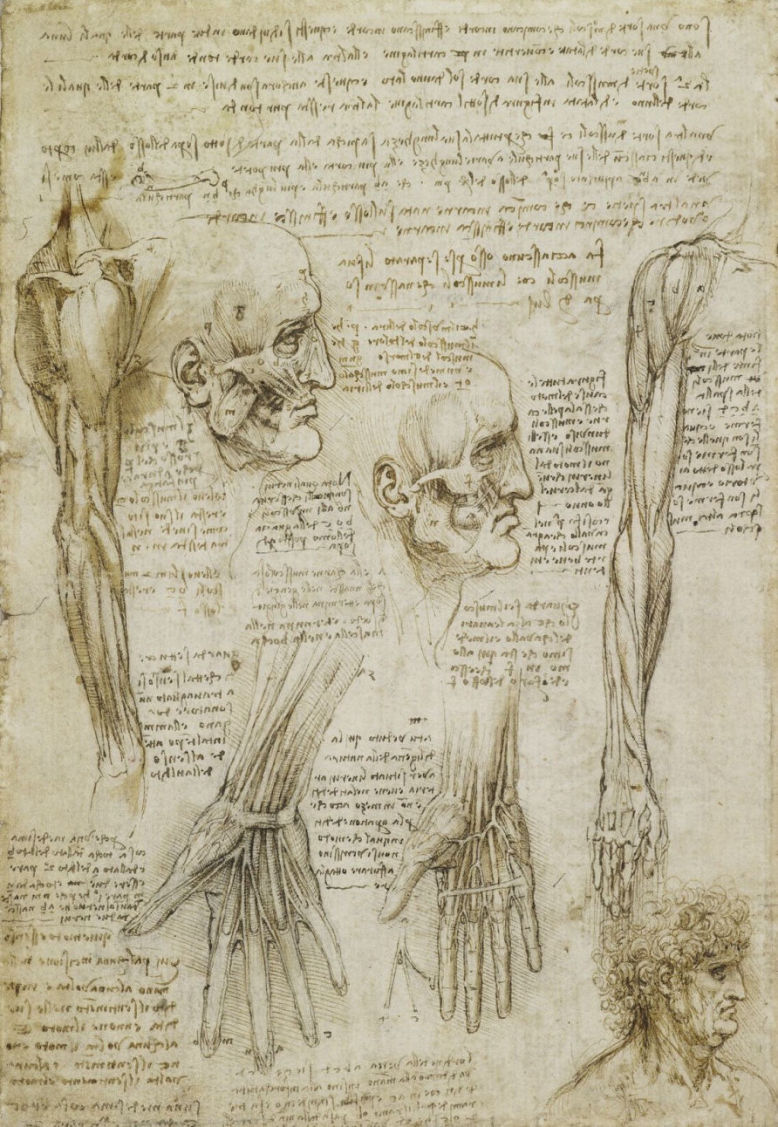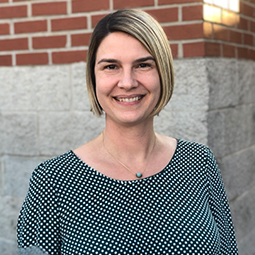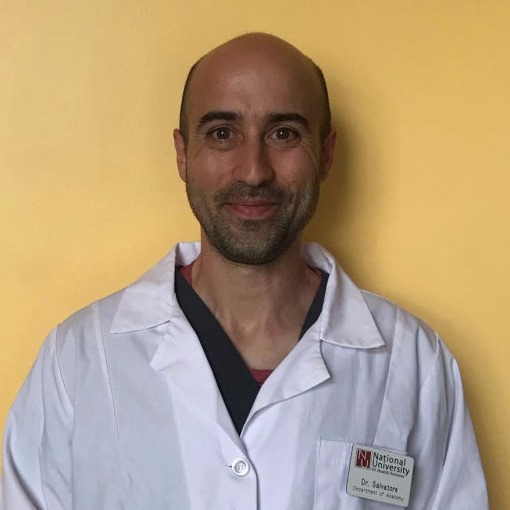What does the AGA do?
Formerly known as the Demonstrator’s Society, the AGA was founded in 1918. It is a 501(c)(3) not-for-profit corporation that manages the willed body donor program for the medical research and educational institutions of Illinois. The AGA plays an essential role in the training of thousands of medical students and allied health professionals annually. It receives, prepares, preserves and distributes human remains for the purpose of medical, biological, and anatomical education and research at licensed and accredited institutions of higher learning throughout Illinois and beyond. The association also makes its resources and facility available for anatomical, medical and mortuary science training.
The association’s member institutions include most of the major academic medical schools in the state including: Loyola University of Chicago, Midwestern University, National University of Health Sciences, Northwestern University, Rush Medical College, Southern Illinois University, the University of Chicago and the University of Illinois. The AGA Board of Directors continuously assesses developments in national and world science and healthcare while monitoring the activities and practices of the organization. When necessary, the Board directs staff to adopt innovations to improve its scientific practices and other operating procedures.
Mission Statement
The mission of the Anatomical Gift Association of Illinois is to provide ethically sourced,
voluntarily donated human cadaveric material to advance anatomical understanding, expertise and training in medical, allied health, and educational professions, as well as in society at large.
Our goals
● Help donors and their families make their donations with the confidence that the AGA
will observe the highest standards of responsiveness, respect, privacy and security.
● Provide donor material to educational, training and research programs to facilitate
instruction of health care professionals, improve public understanding of anatomical sciences, and advance scientific research.
● Provide direction on the appropriate use, handling and treatment of donor material,
including by participating in legislative, administrative and professional forums.
● Provide clarity and transparency at all levels of the process, from donation through return
of cremains (ashes).
● Educate the public in the importance, value and process of whole-body donation.
● Promote not-for-profit, whole-body donation in Illinois and beyond.
Core values
From the initial receipt of our donors to return of the cremains (ashes) to the family we expect our staff and all those who work with our donor material to adhere to our core values of respect, integrity and professionalism.
● Show respect for our donors by treating them with the utmost care, reverently performed.
● Display integrity by adhering to the highest legal and ethical standards.
● Adhere to professional codes of conduct governing health care, education, and research.










